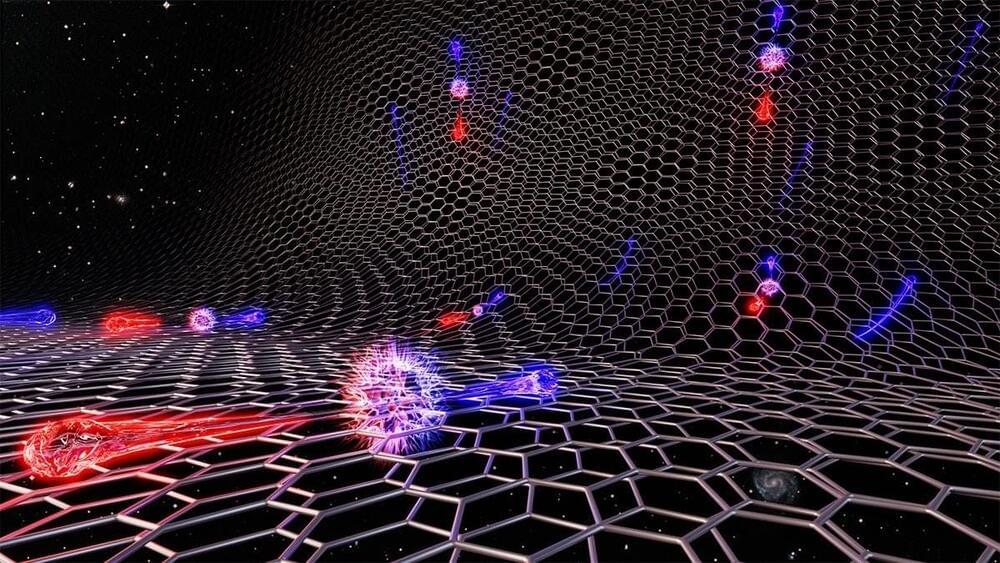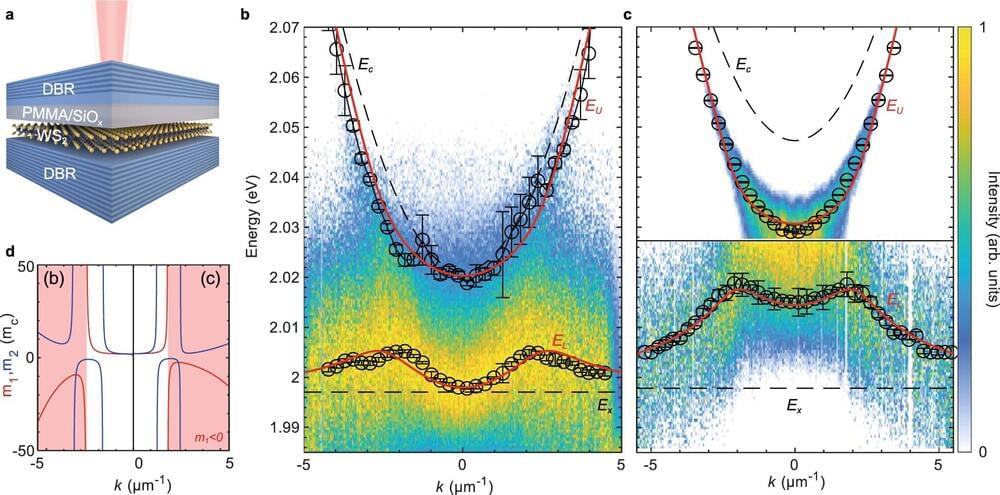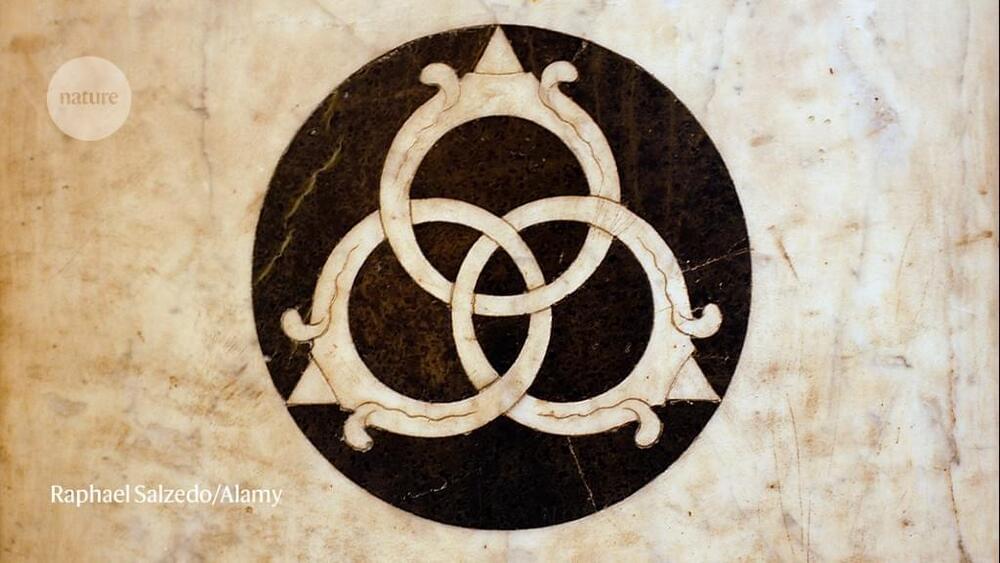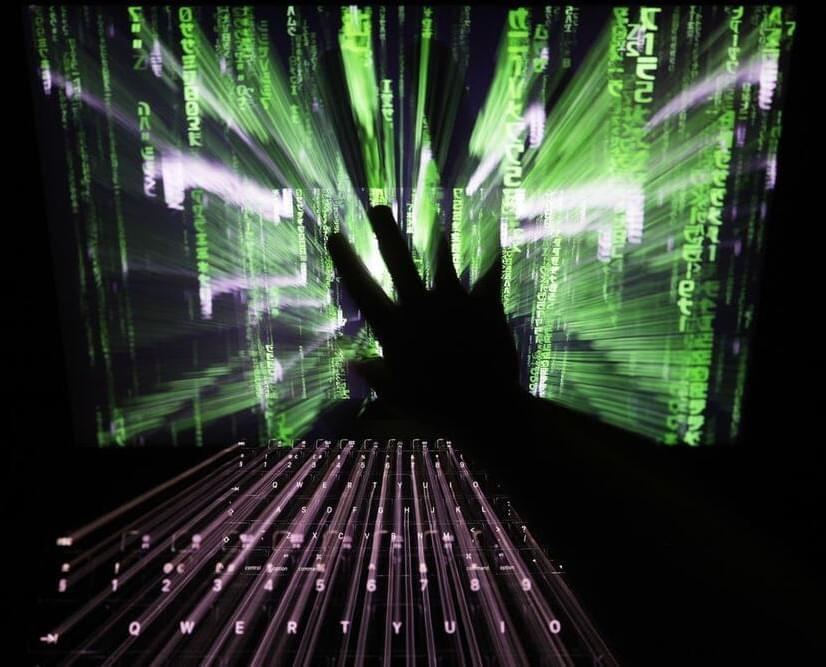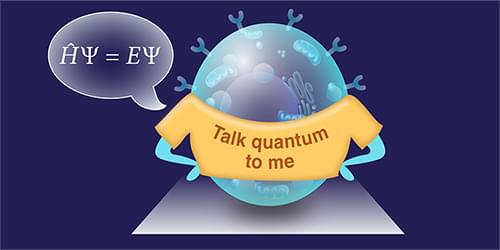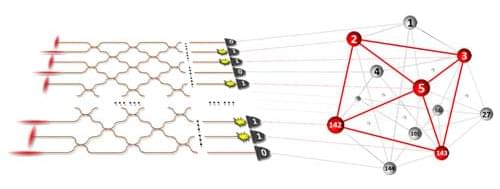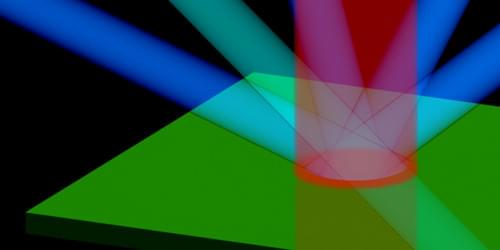In the United States, the first step on the road to exascale HPC systems began with a series of workshops in 2007. It wasn’t until a decade and a half later that the 1,686 petaflops “Frontier” system at Oak Ridge National Laboratory went online. This year, Argonne National Laboratory is preparing for the switch to be turned on for “Aurora,” which will be either the second or the third such exascale machine in the United States, depending on the timing of the “El Capitan” system at Lawrence Livermore National Laboratory.
There were delays and setbacks on the road to exascale for all of these machines, as well as technology changes, ongoing competition with China, and other challenges. But don’t expect the next leap to zettascale – or even quantum computing – to be any quicker, according to Rick Stevens, associate laboratory director of computing for environment and life sciences at Argonne. Both could take another 15 to 20 years or more.
Such is the nature of HPC.

